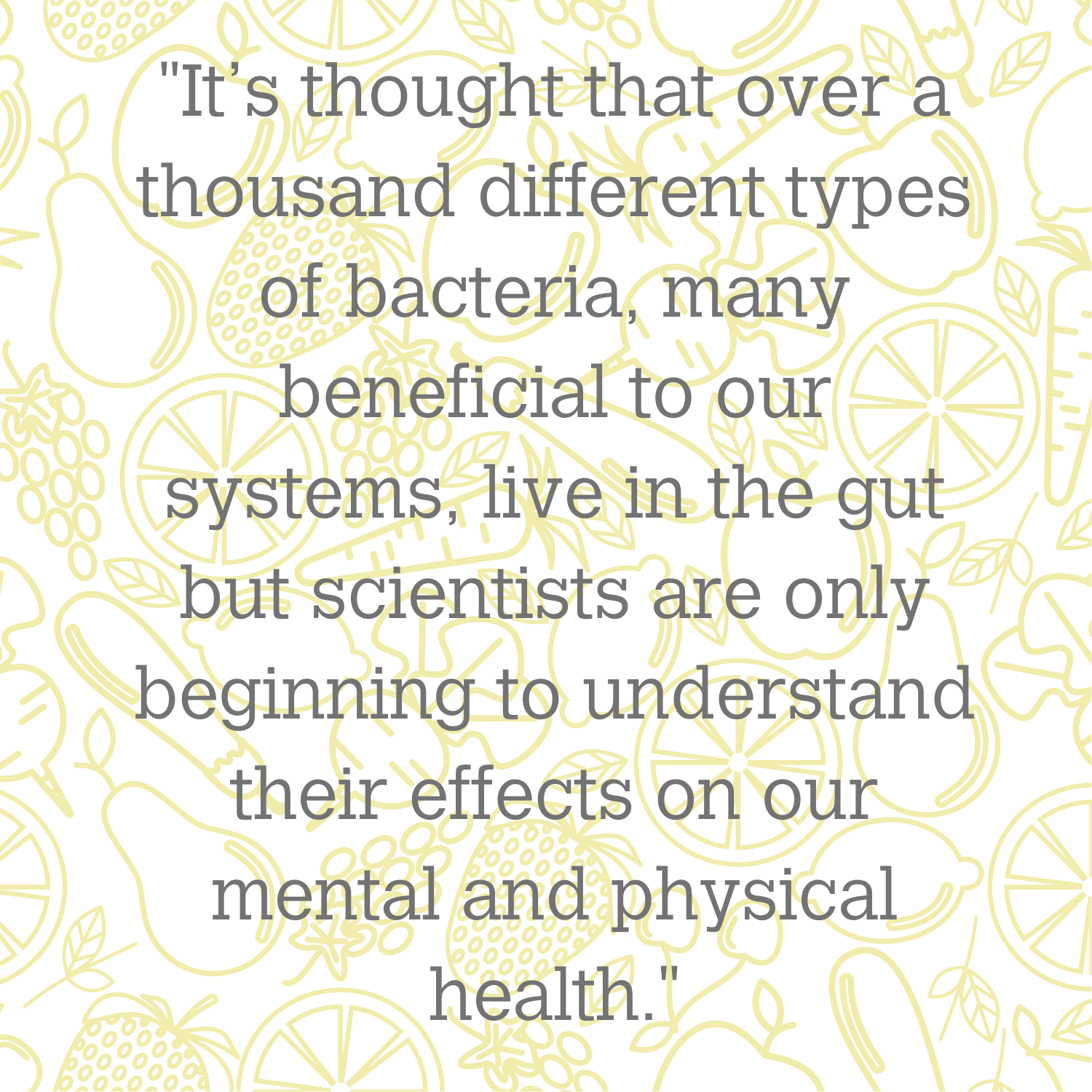The Link Between Diet and Wellbeing
By Ken, Haven
Like many of us, I’ve tried various diets to help improve my energy levels, maintain physical health and shed a few pounds, yet it’s only more recently that I’ve started paying attention to nutrition and its potential impact on my mental health and wellbeing.

Much research is focused on the gut microbiome, which is a term for the trillions of micro-organisms that dwell in the murky depths of our digestive systems – we are truly never alone! It’s thought that over a thousand different types of bacteria, many beneficial to our systems, live in the gut but scientists are only beginning to understand their effects on our mental and physical health. If you also consider that every person potentially reacts differently to them, it becomes a hugely complex puzzle.
According to microbial ecologist, Professor Ley: “One person’s healthy microbiome might not be healthy in another context – it’s a tricky concept”. Research is in its infancy and while some 15,000 people have provided microbiome samples for study, this pales into insignificance compared to the 30 million who have had their human genomes sequenced. Some research suggests stressors such as psychological issues, disturbed sleep patterns and environmental factors can all have a negative impact on the microbiome.
An article in the British Medical Journal suggests that the classic Mediterranean diet can have a positive effect on wellbeing, especially when compared to our unhealthy Western diet, which tends to be high in sugar, salt and refined carbs. Good gut ‘flora’ can be boosted by probiotic yogurt drinks, available in most supermarkets and by regular use of probiotic supplements, available online (I’m always sure to check customer reviews) and in health shops. The good guys of the bacteria world help expel the bad, break down fibre and produce vitamins. They’ve also been shown to increase our ability to fight off infections and other ailments.
Personally, maintaining my physical and mental health has been a case of figuring out through trial-and-error what works best for me. While I’m not keen on a large breakfast, others in the office simply can’t function without one. Some don’t bother with lunch or prefer to snack throughout the day. One thing I’ve noticed for sure, is that if I wolf down an unhealthy snack for lunch (e.g. crisps and sandwich) I often feel my energy and mood crash shortly after. The same goes for chocolate, which offers a quick high followed by the inevitable crash. But everyone’s different and what works for me might not work for you.
For me, a daily routine of meditation, reading self-help books, listening to YouTube talks by positive people, plus being mindful of my diet, work most of the time. After all – we are what we eat!
**Please note that any radical changes in diet need to be discussed with medical professionals, particularly if you have underlying medical conditions.



